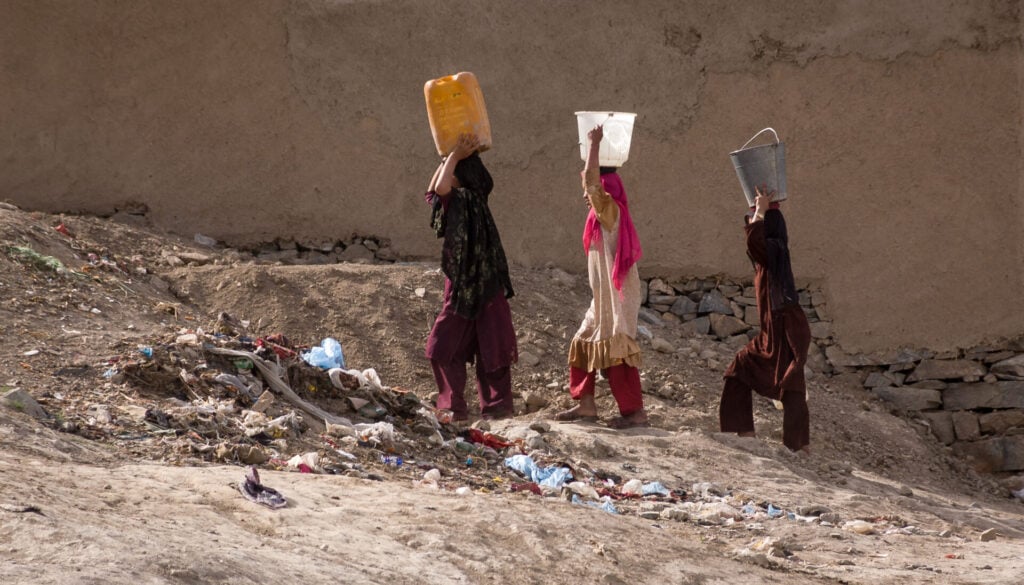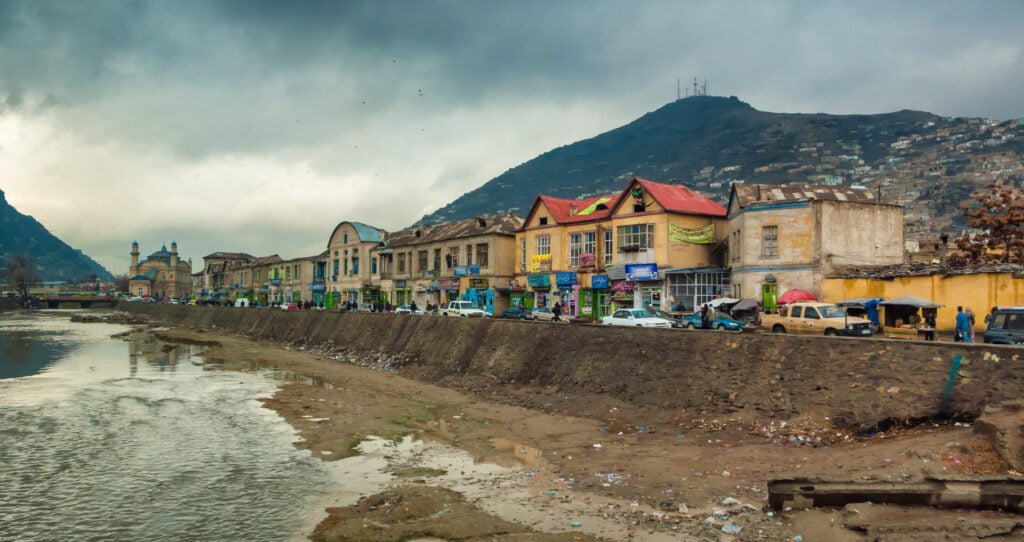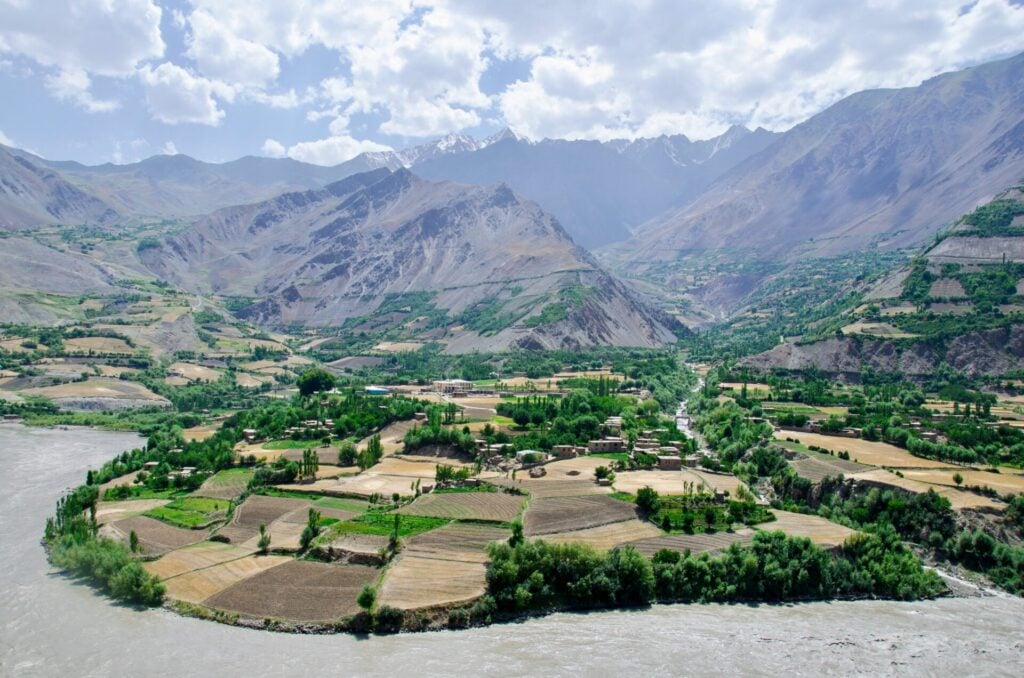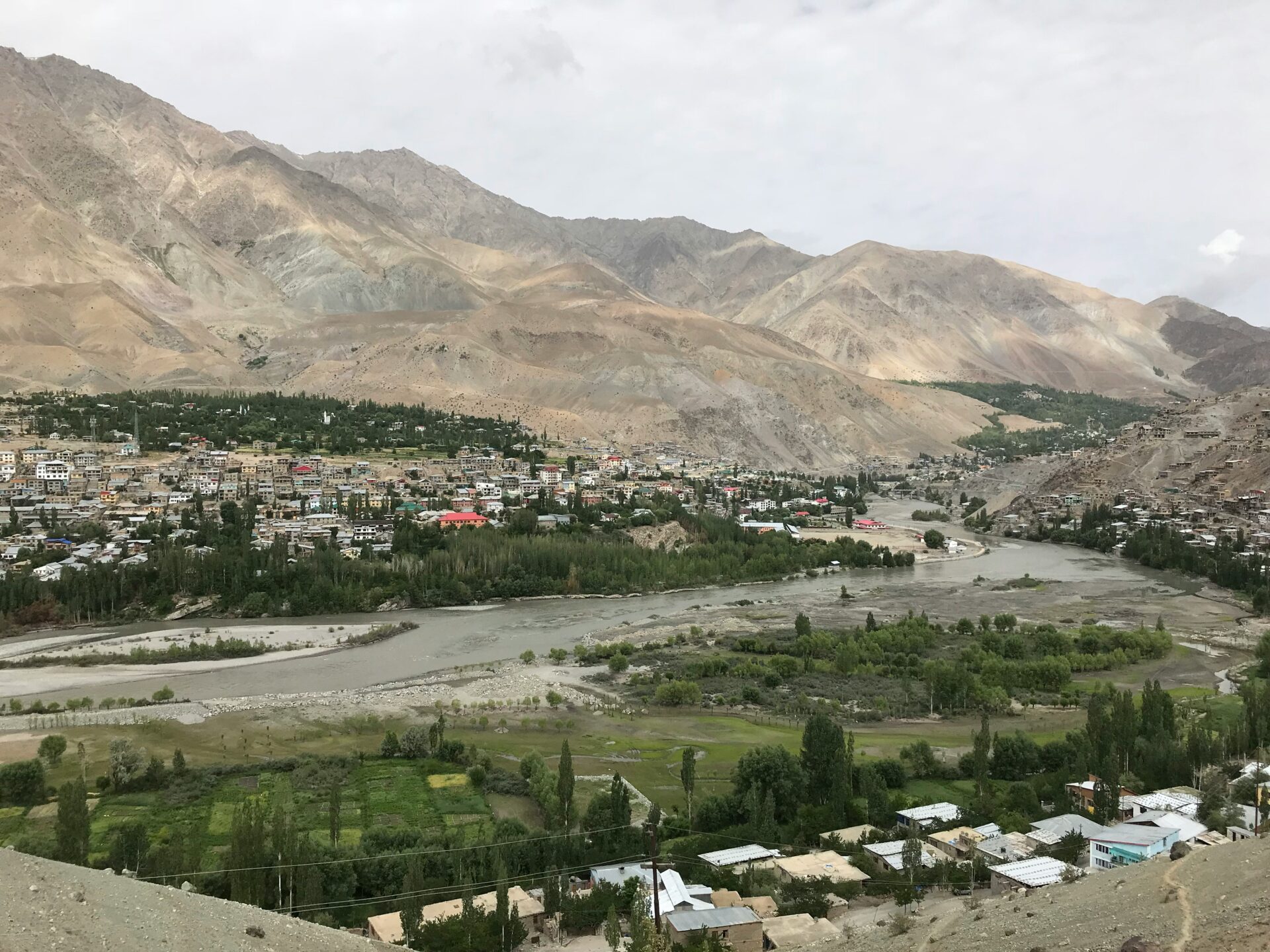Kabul is on the brink of an unprecedented crisis. The Afghan capital could become the first modern city in the world to completely run out of water.
Water levels within the city’s aquifers – its primary water source – have dropped by up to 30 metres over the past decade owing to rapid urbanisation, years of conflict and climate breakdown, according to a report by the NGO Mercy Corps.
If current trends continue, the city’s aquifers could run dry as early as 2030 posing a severe threat to the city’s seven million inhabitants.
Kabul’s groundwater is being depleted at a rate of 44 million cubic metres more per year than it is being naturally replenished. Over 120,000 unregulated bore wells—alongside hundreds of factories and greenhouses—are draining the city’s three main aquifers at nearly double the sustainable rate.
Nearly half of these boreholes are now dry.

Mercy Corps said in its report: ‘Without immediate intervention, the city risks becoming the first modern capital in the world to fully deplete its water reserves – a disaster with far reaching humanitarian, political, and economic implications.’
‘There should be a committed effort to document this better and to draw international attention to the need to address the crisis,’ said Mercy Corps Afghanistan country director, Dayne Curry.
‘No water means people leave their communities, so for the international community to not address the water needs of Afghanistan will only result in more migration and more hardship for the Afghan people.’
With Kabul’s population swelling from one million in 2001 to around six million today, the city’s water infrastructure simply cannot cope. Only 20 per cent of households are connected to piped water, and even then, supply is irregular, flowing just two or three days a week in many areas.

Afghanistan is among the countries most vulnerable to climate change, and its impact on Kabul is clear. The city relies heavily on meltwater from the Hindu Kush mountains to recharge its aquifers.
But as temperatures rise and winters shorten, snowfall is declining. From 2014 to 2020, snow levels across Afghanistan dropped nearly 20 per cent, and recent winters have seen up to 60 per cent less rain.
Contaminated and Costly
Beyond scarcity, Kabul’s water is increasingly unsafe. Mercy Corps estimates that up to 80 per cent of the city’s groundwater is contaminated, laced with sewage, high salinity, and harmful substances like arsenic and nitrates. Without functioning sewerage systems, many households use pit toilets, which allow human waste to seep directly into the water table.
The lack of clean water is already forcing schools and health facilities to shut down. Those who rely on trucked water must pay dearly. Some families now spend up to 30 per cent of their income on water, up from just 5 per cent in 2021.
The lack of clean water is already forcing schools and health facilities to shut down. Those who rely on trucked water must pay dearly. Some families now spend up to 30 per cent of their income on water, up from just 5 per cent in 2021.
Some private companies are capitalising on the crisis by actively digging new wells and extracting the water before selling it at vastly inflated prices.
The Taliban authorities have launched projects ranging from recycling water to building hundreds of small dams across the country, but larger interventions remain hampered by financing and technical capacity.
Decades of underinvestment have left Kabul’s infrastructure crumbling. Billions in international aid have failed to translate into sustainable systems. Key surface water infrastructure like the Qargha Reservoir is clogged with sediment and operating at half capacity.

The city’s largest treatment plant never functioned as intended, and ambitious projects like the Shahtoot Dam and Panjshir River Pipeline remain stuck in planning limbo due to frozen funding and political hurdles.
Urgent Action
The situation is further exacerbated by the freezing of billions in international aid following the Taliban’s return to power. This includes $3 billion earmarked for water, sanitation, and hygiene (WASH) programs.
Without international support, critical projects have been paused or abandoned, and technical staff have fled the country, crippling the ability of local agencies to respond.
Experts warn that Kabul’s collapse could be a harbinger of what lies ahead for other cities in a warming world.
Mercy Corps calls for immediate, coordinated action to increase aquifer recharge, regulate borewell use, and invest in low-cost, high-impact solutions such as small-scale water filtration systems and community-managed networks.
Yet without large-scale political and financial intervention, the city’s trajectory remains perilous.









